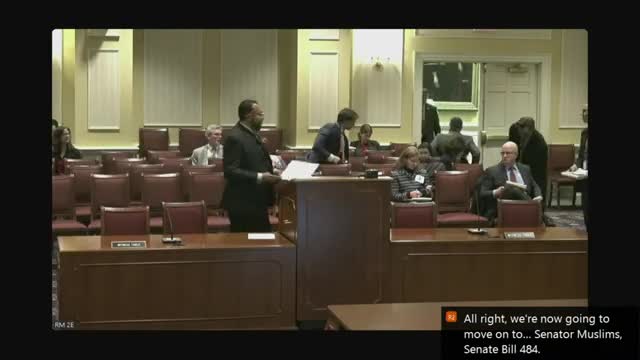Article not found
This article is no longer available. But don't worry—we've gathered other articles that discuss the same topic.
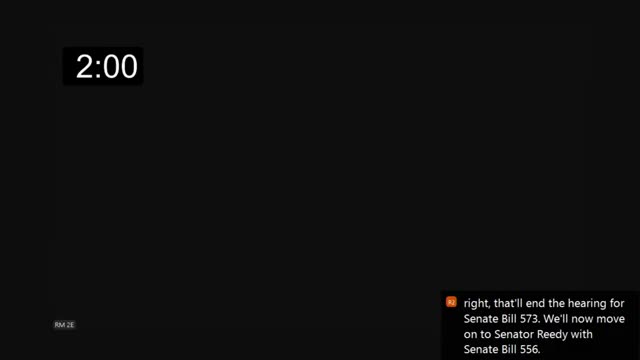
Senate hears competing views on bill targeting fraudulent leases and squatters; civil-rights groups warn of due-process risk
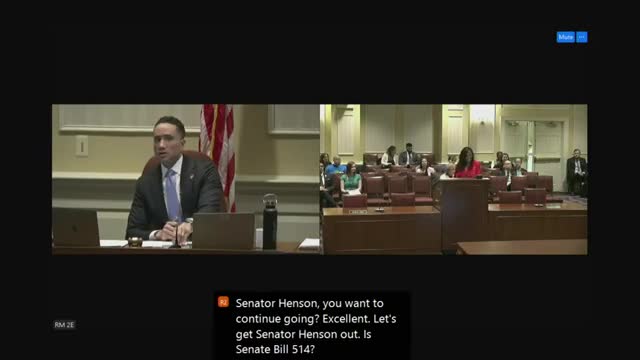
Senate panel hears broad support for 'Fair Chance' housing bill limiting pre-offer criminal checks
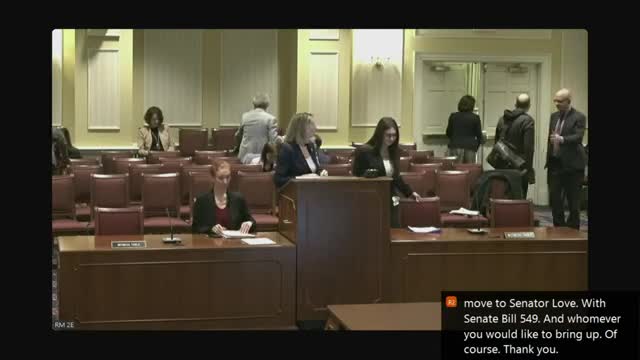
Bill to protect sexual-assault reporters from retaliatory lawsuits draws broad backing
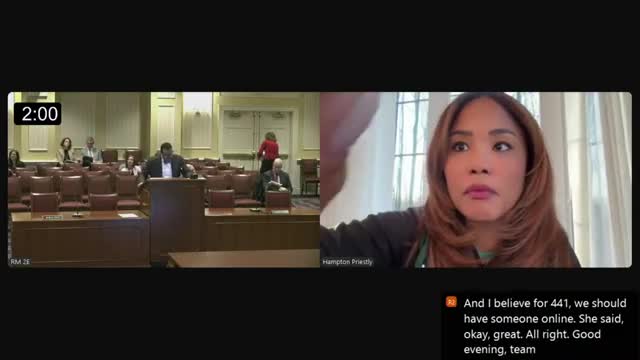
Task force chair backs bill to require new-home sales data in public listing systems to aid appraisal equity
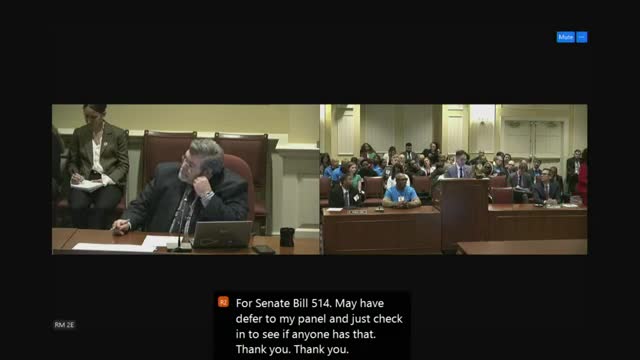
Condo owners and insurers spar as committee considers bill raising unit-owner deductible ceiling to $25,000
